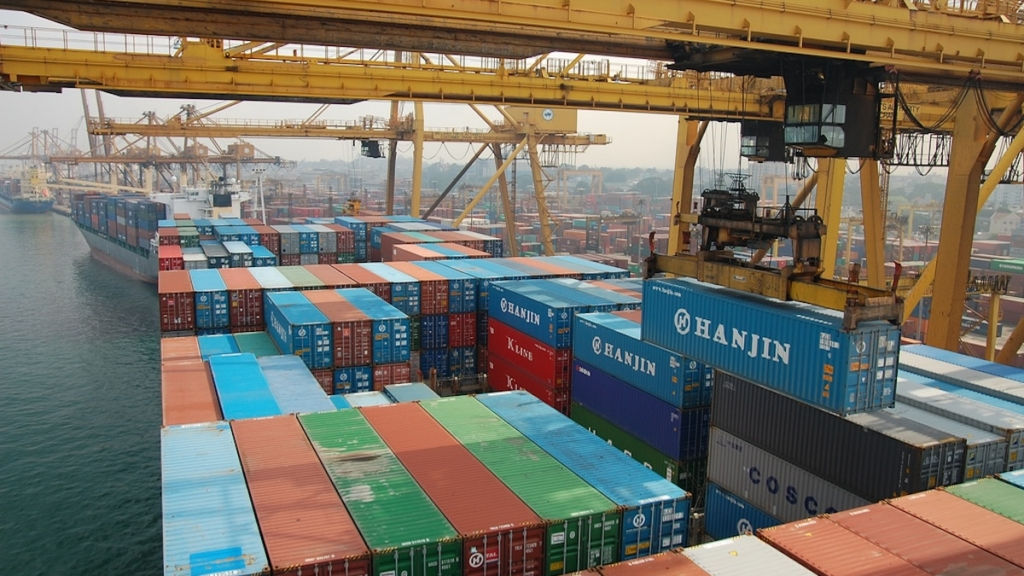
作者/Author(s): Zenel Garcia and Alexandra Meise
網站來源/Source: War on the Rocks
日期/Date: 09/11/2025
關鍵字/Keywords :基礎建設、經濟、中國、港口
東道國的冷落
- 除了中國企業間的競爭外,東道國機構也影響著北京的戰略野心,因為它們可以基於國家安全和國家利益因素,限制發展、投資與商業活動的條件。
- 部分國家與多邊組織為減緩潛在國家安全風險,已針對關鍵公共基礎設施制定所有權限制及投資審查法規。此類規範並非針對特定對象,而是聚焦於對政府安全利益至關重要的國內經濟領域。口由於可能兼具民用與軍用性質,因此需要通過更嚴格的審查。
- 此外,即使外國實體持有多數股權,東道國仍保留關鍵基礎設施的法律所有權。斯里蘭卡的漢班托塔港就是典型案例:雖然中國招商局集團持有該港口營運的多數股份,但斯里蘭卡港務局仍保有法律所有權,斯里蘭卡政府可以允許或拒絕軍艦進出港口。
啟示
- 雖然北京從「一帶一路」港口投資中獲取大量戰略利益,但國有企業與省級地方機構分散且相互競爭的運作模式,導致執行過程支離破碎。此外,東道國可運用主權權力管理港口運作的模式,進一步限制北京的軍事投射能力。
- 美國應完善國內針對關鍵基礎設施外資的法律監管架構。同時避免將此議題簡化為國家安全威脅,協助東道國緩解此類投資衍生的經濟安全風險。
Summary:
Rebuff from Host Countries
- Except for competition among Chinese firms, host countries' agencies also influence Beijing's strategic ambitions because they can limit the terms and conditions of development, investment, and business based on national security and national interest factors.
- Some countries and multilateral organizations enacted ownership limits in critical public infrastructure and investment screening regulations to mitigate any potential national security risks. These regulations do not target specific parties, but rather focus on domestic economic sectors that are essential to a government's security interests. Ports are subjected to tougher screening because they could be civil-military critical infrastructure.
- Furthermore, host countries retain the legal ownership of critical infrastructure, even though foreign entities hold a majority share. Sri Lanka's Hambantota port is a notable example: Although the Chinese Merchant Group holds the majority share in the port's operation, the Sri Lankan Port Authority retains legal ownership, allowing the Sri Lankan government to permit or deny access to the port for military vessels.
Implications
- Although Beijing has strategic aims from its BRI port investments, its decentralized and competitive process among SOEs and provincial agencies leads to a fragmented implementation of the projects. Furthermore, the host country could exercise sovereign authority to govern the type of operations conducted in the ports, further limiting Beijing's military projection.
- The US should improve its domestic legal and regulatory frameworks for foreign investments in critical infrastructure. Furthermore, the US should refrain from framing the issue as a simple national security threat and assist host countries in mitigating economic security threats emanating from these investments.
